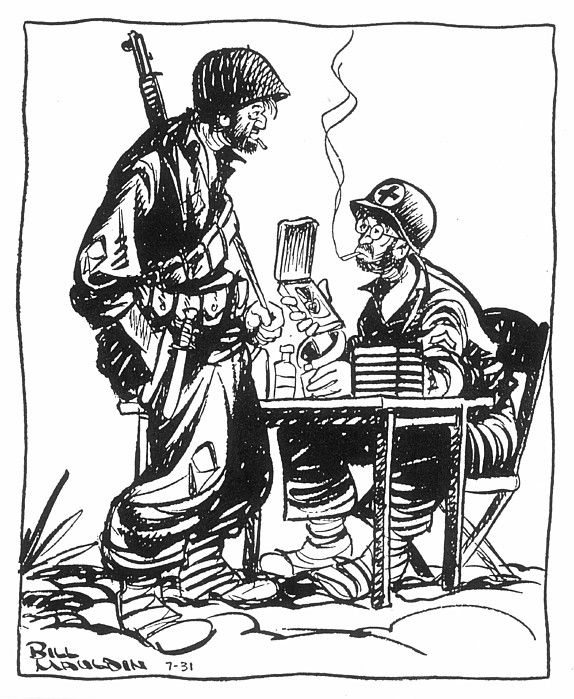
Monday – Veterans Day
In addition to thanking any veterans you know for their service, ask them about their experiences during their service. And then listen carefully and with respect.
I know it meant to lot to my father for people to ask him about his World War II time in France and Germany. He particularly liked to poke holes in stereotypes. War is messier, more chaotic, and more random than military historians and generals like to admit, he would say, and he once wrote a poem about this when my son Toby (changed to Mike for rhyming purposes) asked him about 1944-45:
“The Greatest Generation”
By Scott Bates
“What was the Second World War like?”
I am asked by my youngest grandson, Mike,
Who has just remembered that he has
To write a paper for his English class
And hopes his grandfather will tell him a story
Like Private Ryan, full of guts and glory.
“That’s easy,” I answer—I am the One
Who Was There, the Expert, the Veteran–
(Who has read in the paper, by the way,
That thousands of vets die every day),
“It was boring, mostly,” I say, “and very
Gung-ho.” I think. “It was pretty scary.
And long. And the longer it got, the more idiotic
It seemed.” I stop. “It was patriotic.”
How to tell the kid the exciting news
That we survived on sex and booze.
And hated the Army and hated the War
And hoped They knew what we were fighting for . . . .
And I remember my buddy, Mac,
Who got shot up in a tank attack,
And Sturiano, my closest friend . . .
It is still going on. How will it end?
“It was people surrounded by dying men.”
“But what was it like?” asks Mike again.
It may sound as though my father didn’t want to be asked, but that wasn’t the case. Rather, he knew the difficulty of bridging the immense gulf between veterans and civilians.
The gulf is a major focus of Tim O’Brien’s Vietnam memoir/novel The Things They Carried. O’Brien intermixes fact and fiction as he tries to convey his own time in Southeast Asia. While acknowledging the inadequacy of his account, he makes clear the importance of telling the stories.
He says he became aware of the importance when a fellow vet challenged him to do write about their experience in a septic field where they lost a comrade. Norman Bowker’s letter helped O’Brien realize the importance of his storytelling:
Telling stories seemed a natural, inevitable process, like clearing the throat. Partly catharsis, partly communication, it was a way of grabbing people by the shirt and explaining exactly what had happened to me, how I’d allowed myself to get dragged into a wrong war, all the mistakes I’d made, all the terrible things I had seen and done.
I did not look on my work as therapy, and still don’t. Yet when I received Norman Bowker’s letter, it occurred to me that the act of writing had led me through a swirl of memories that might otherwise have ended in paralysis or worse. By telling stories, you objectify your own experience. You separate it from yourself. You pin down certain truths. You make up others. You start sometimes with an incident that truly happened, like the night in the shit field, and you carry it forward by inventing incidents that did not in fact occur but that nonetheless help to clarify and explain.
So make Veterans Day a day about storytelling.

